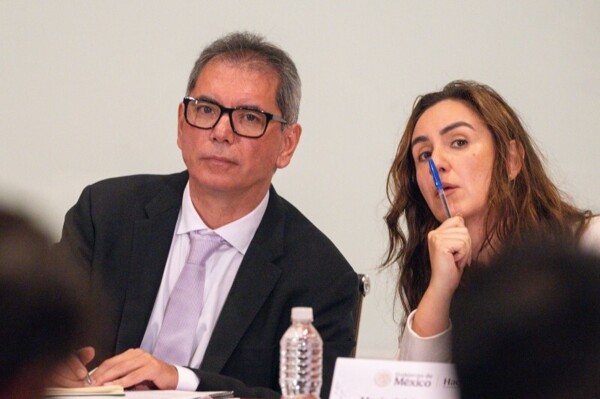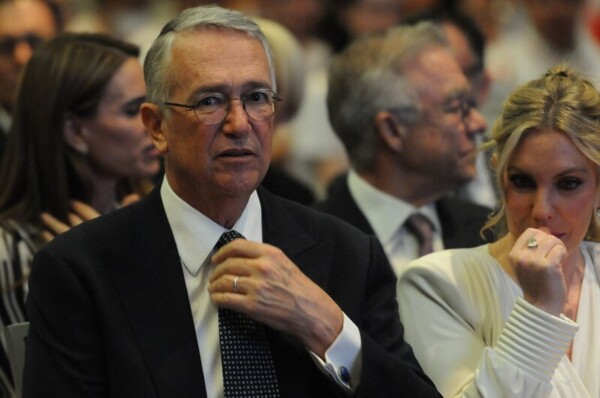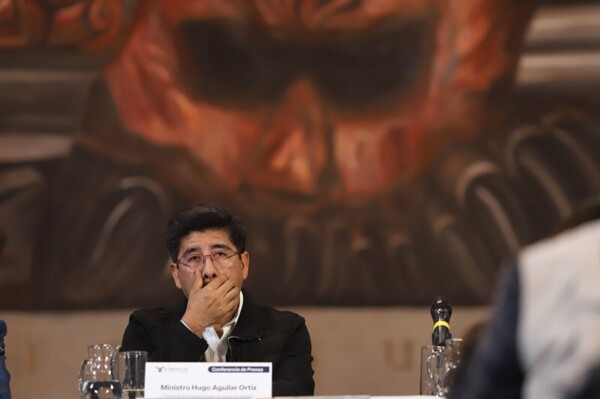
In the midst of a contraction in public finances and the risk of a technical recession, as well as a 20% decrease in public investment during 2024, it may be beneficial to seek collaboration mechanisms between the public and private sectors. Although public-private partnerships, regulated at the federal level towards the end of President Calderón's administration, have been underutilized in Mexico and criticized in recent years, President Sheinbaum has mentioned mixed investment schemes for various projects, including those outlined in the Mexico Plan.
The deployment of at least 100 billion in private investment in infrastructure projects is expected in this context. These mixed schemes allow the government to ease the financial burden and execute projects that would otherwise be too costly or unfeasible. If managed properly, they enable the private initiative to bring in efficiency, innovative technologies, and cost reduction in project execution, as well as appropriate risk allocation, reducing the government's exposure in critical stages of the project.
Beyond construction, mixed investment structures allow for the management of maintenance and operation of projects with minimum performance standards, easing the financial burden on the government throughout the project's useful life. These efficient collaborations in a hybrid economy like Mexico's represent a shift in public policy in recent years. The current situation, which is not ideal, requires new strategies for growth and infrastructure strengthening.
Foreign direct investment flows fell to just 3 billion dollars in 2024, the lowest amount since 1993, while construction companies' production contracted by 7%, the largest decline since 2020. The lack of public investment in infrastructure has been evident in the maintenance of the federal road network. Although Mexico is not technically in recession, the risk is high.
Banco de México has lowered its economic growth forecast for 2025, expecting only a 0.6% increase in the country's GDP, compared to the previous forecast of 1.2%. The uncertainty generated by tariff issues has negatively impacted consumption and private investment, which could lead to economic weakness, especially in the first half.
Additionally, in 2025, there are additional factors complicating the investment outlook, such as concerns about the rule of law following recent constitutional framework reforms. The second half of the year may see public tenders for railway projects and urgent road maintenance projects. In this context, mixed investment projects can be effective tools for regaining growth with an institutional and long-term vision.














